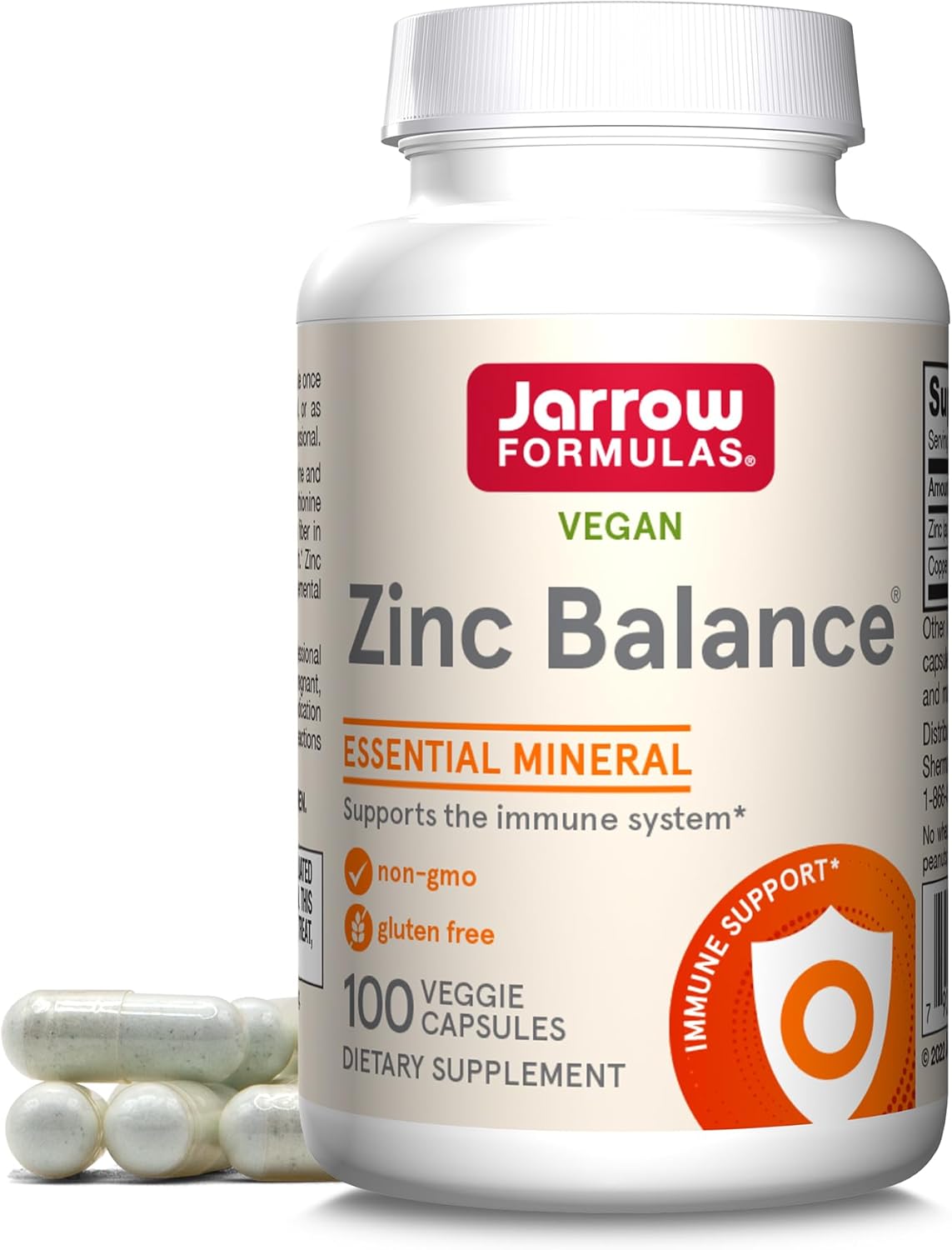Premenstrual Syndrome (PMS): Causes, Symptoms, and Treatment
Premenstrual syndrome (PMS) is a common condition that affects many women of reproductive age. It is characterized by a range of physical, emotional, and behavioral symptoms that occur in the days leading up to menstruation and can have a significant impact on daily life.
What is PMS?
PMS is a complex condition that is thought to be caused by a combination of hormonal, genetic, and lifestyle factors. It is estimated that up to 80% of women experience some symptoms of PMS, although the severity and frequency of symptoms can vary widely from woman to woman.
Symptoms of PMS
The symptoms of PMS can vary widely from woman to woman, but common symptoms include:
- Mood swings and irritability
- Depression and anxiety
- Bloating and breast tenderness
- Headaches and fatigue
- Food cravings and mood swings
- Changes in sleep patterns
- Increased sensitivity to stimuli
Causes of PMS
The exact causes of PMS are not fully understood, but it is thought to be related to the hormonal changes that occur in the body during the menstrual cycle. Estrogen and progesterone levels fluctuate throughout the cycle, and these changes can lead to symptoms of PMS.
Treatment of PMS
There is no cure for PMS, but there are several treatment options available to help manage symptoms. These include:
- Over-the-counter pain relievers and anti-inflammatory medications
- Hormonal birth control pills
- Antidepressant medications
- Cognitive-behavioral therapy (CBT)
- Relaxation techniques and stress management
Conclusion
Premenstrual syndrome (PMS) is a common condition that affects many women of reproductive age. While there is no cure for PMS, there are several treatment options available to help manage symptoms. If you are experiencing symptoms of PMS, it is important to talk to your healthcare provider about the best course of treatment for you.
FAQs
Q: What is PMS?
A: PMS is a condition that affects many women of reproductive age, characterized by a range of physical, emotional, and behavioral symptoms that occur in the days leading up to menstruation.
Q: What are the symptoms of PMS?
A: Common symptoms of PMS include mood swings, depression, anxiety, bloating, breast tenderness, headaches, fatigue, food cravings, changes in sleep patterns, and increased sensitivity to stimuli.
Q: What causes PMS?
A: The exact causes of PMS are not fully understood, but it is thought to be related to the hormonal changes that occur in the body during the menstrual cycle.
Q: How is PMS treated?
A: PMS can be treated with over-the-counter pain relievers and anti-inflammatory medications, hormonal birth control pills, antidepressant medications, cognitive-behavioral therapy (CBT), relaxation techniques, and stress management.
Q: Can PMS be prevented?
A: While there is no surefire way to prevent PMS, maintaining a healthy lifestyle, including a balanced diet, regular exercise, and stress management, may help reduce symptoms.
Recommended Products:
-

Lions Mane Supplement Mushroom Capsules (Two Month Supply – 120 Count) Lions Mane Mushroom for Brain Support and Immune Health (Third Party Tested, Grown and Encapsulated in The USA) by Double Wood
$19.81 Buy Now -

THORNE Vitamin B12 – as Methylcobalamin – Supports Heart and Nerve Health, Blood Cell Function, Healthy Sleep, and Methylation – Gluten-Free, Soy-Free, Dairy-Free – 60 Capsules
$22.00 Buy Now -
Sale!

Jarrow Formulas Zinc Balance 15 mg – 100 Servings (Veggie Caps) – Includes Copper – Essential Mineral for Immune System Support – Immune Support Supplement – Gluten Free Zinc Copper Supplement – Vegan
Original price was: $14.99.$11.24Current price is: $11.24. Buy Now



